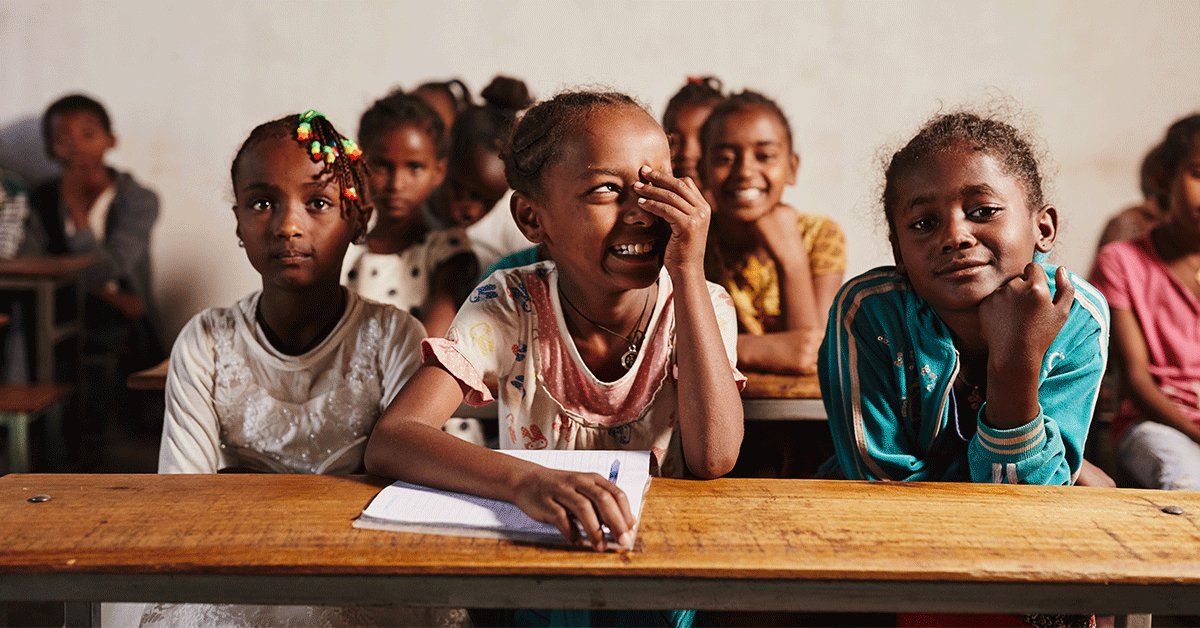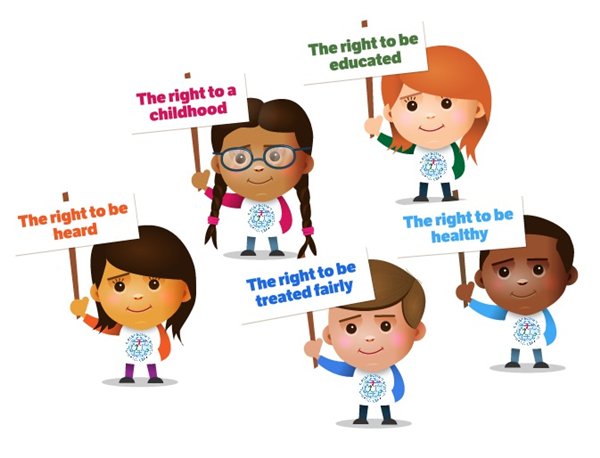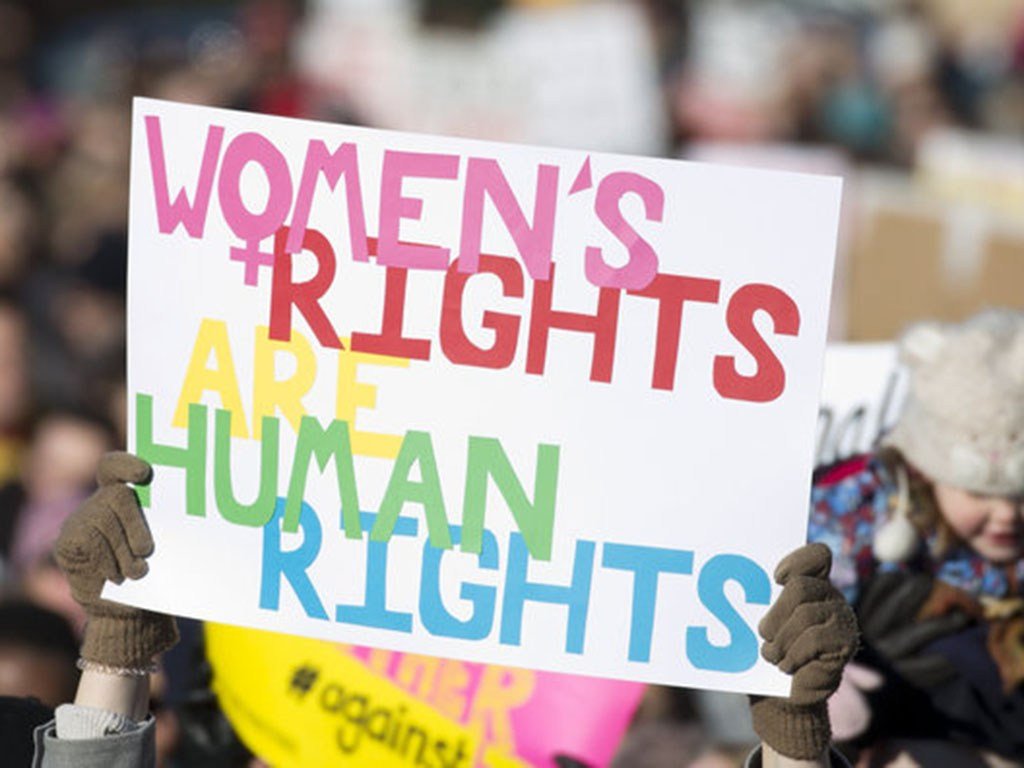Exposé complet, Girls education

INTRODUCTION
Worldwide, 132 million girls, between the ages of 6 and 17, are out of school. However, each year spent at school allows a girl to increase her future income by 10 to 20%, which directly contributes to the economic development of her country. The education of a girl is recognized as one of the most powerful levers for getting out of poverty and for emancipation. It is in this context that our study will focus on the education of girls, their advantages and the difficulties related to this, in order to find solutions that can promote this.
I. DEFINITION AND CONCEPT
Etymology: from the Latin ex-ducere, to guide, to lead out. Education is the action of developing a set of knowledge and moral, physical, intellectual, scientific values ... considered essential to reach the desired level of culture. Education makes it possible to pass from one generation to the next the culture necessary for the development of the personality and the social integration of the individual. The education of children and adolescents is based on family, school, society, but also on personal reading and on the use of media such as television or the Internet.
The organization of education and teaching has long been the monopoly of religions which have thus been able to transmit from generation to generation their vision of the world and of morality. In France, inspired by the Enlightenment of the eighteenth century, the emancipation of education from religion began with the Revolution and allowed the State to gradually assume in the nineteenth century all its responsibilities in terms of education. Become public, secular and free.
Acheter pour obtenir l'exposé complet
II. STATE OF PLAY OF GIRLS EDUCATION IN AFRICA (BURKINA FASO)
III. BARRIERS TO EDUCATION FOR GIRLS IN AFRICA
1. Tradition
2. Early marriage
IV. THE NEED TO EDUCATE AND TRAIN YOUNG GIRLS
1. At the individual level
2. At household level
3. At the level of society
4. On development level
V. SOLUTIONS FOR THE EDUCATION OF GIRLS
CONCLUSION







